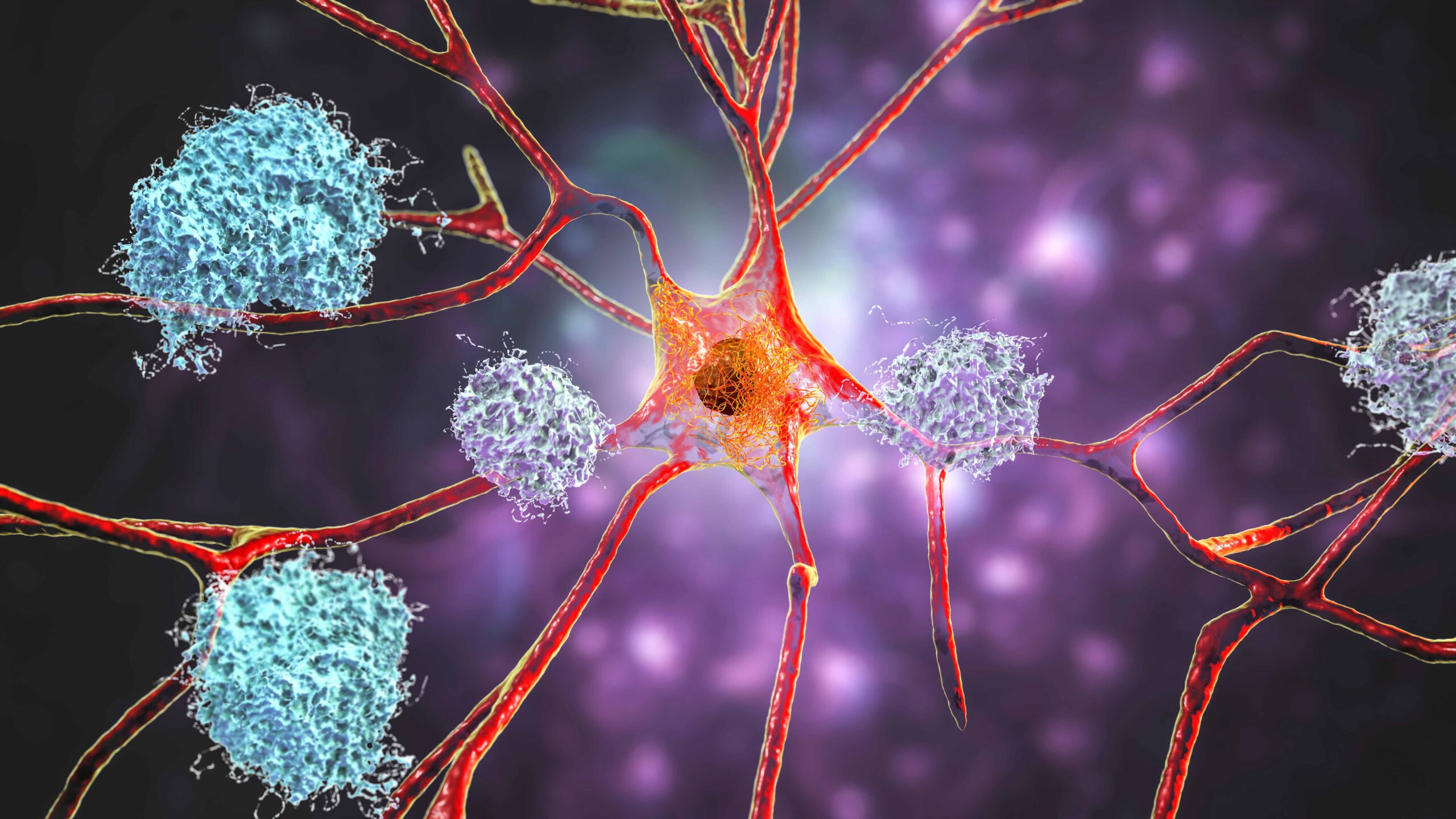Alzheimer’s disease remains one of the most challenging health conditions affecting millions worldwide, particularly as our population ages. Yet, thanks to innovative research led by Dr. William Hu — director of the Center for Healthy Aging Research and chief of cognitive neurology and Alzheimer’s disease at Rutgers Robert Wood Johnson Medical School — new hope is on the horizon.
Dr. Hu and his dedicated team recently validated an FDA-approved blood test called Lumipulse, designed to detect Alzheimer’s with greater speed and accuracy than ever before. But this breakthrough is just one piece of the puzzle. Dr. Hu is also advancing research into how lifestyle factors such as diet and ongoing education influence brain health long-term, potentially changing how we approach Alzheimer’s prevention and care. Here’s what you need to know about this critical work shaping the future of cognitive health.
What Is Alzheimer’s Disease, and How Is It Different from Dementia?
Understanding Alzheimer’s starts with understanding dementia — a broad term for conditions that impair memory and thinking enough to affect daily functioning. Alzheimer’s disease is the most common cause of dementia in the U.S. and Europe, but not all dementia is Alzheimer’s.
For example, some cases stem from Lewy body dementia or frontotemporal degeneration, each with unique brain changes and symptoms. Alzheimer’s typically begins with memory decline, especially in those over 70, but younger patients may first notice challenges with language or vision.
Diagnosing the exact cause of dementia is tricky because symptoms overlap among various diseases. This complexity contributes to about a 30% misdiagnosis rate even in specialized clinics. That’s why tools like Dr. Hu’s validated Lumipulse blood test, which detects Alzheimer’s-specific biomarkers, represent a major leap forward.
Why Accurate Diagnosis Matters More Than Ever
Until recently, treatments mostly addressed symptoms like forgetfulness or behavioral changes without slowing the underlying disease. Now, new therapies aim to target Alzheimer’s directly by clearing amyloid proteins in the brain—the hallmark of the disease.
However, these treatments only work if Alzheimer’s is correctly diagnosed. Misdiagnosing a patient with non-Alzheimer’s dementia could lead to ineffective and costly treatment. The FDA-cleared Lumipulse test is a faster, less invasive way to detect Alzheimer’s biomarkers, but it comes with nuances that doctors must understand for accurate interpretation.
Currently, this blood test helps identify groups at higher risk or confirm Alzheimer’s in patients with advanced cognitive decline when other tests aren’t feasible. But it’s not recommended for self-screening or use by clinicians unfamiliar with its limitations.
Preventing Alzheimer’s: What Science Says About Lifestyle Changes
Modifying Alzheimer’s risk is challenging. Factors like high blood pressure slightly increase risk, yet require very aggressive management to impact dementia outcomes meaningfully. Simple brain games or crossword puzzles, while popular, don’t translate to real-life cognitive protection.
More promising are activities combining social interaction with cognitive challenge, such as volunteering or playing complex games like mahjong. These help engage multiple brain regions and build cognitive reserve, potentially delaying onset.
Could Gut Health Be the Next Frontier in Alzheimer’s Prevention?
Emerging research suggests the gut-brain connection plays a role in brain aging. Our gut microbiome—the trillions of bacteria living in our digestive tract—produce molecules that can influence brain function. Optimizing gut health through diet might therefore impact Alzheimer’s risk and progression.
Dr. Hu’s team is exploring how food and gut bacteria interact to support brain aging, opening doors to innovative preventive strategies that harness nutrition for cognitive health.
For more cutting-edge insights on health and wellness, including ways to support brain health as you age, check out our dedicated section on Health & Wellness.
Dr. William Hu’s research is driving meaningful progress in Alzheimer’s detection and prevention, offering hope for millions. As this field advances, staying informed about new diagnostic tools and lifestyle strategies can empower individuals and families to take proactive steps toward a healthier aging brain.












